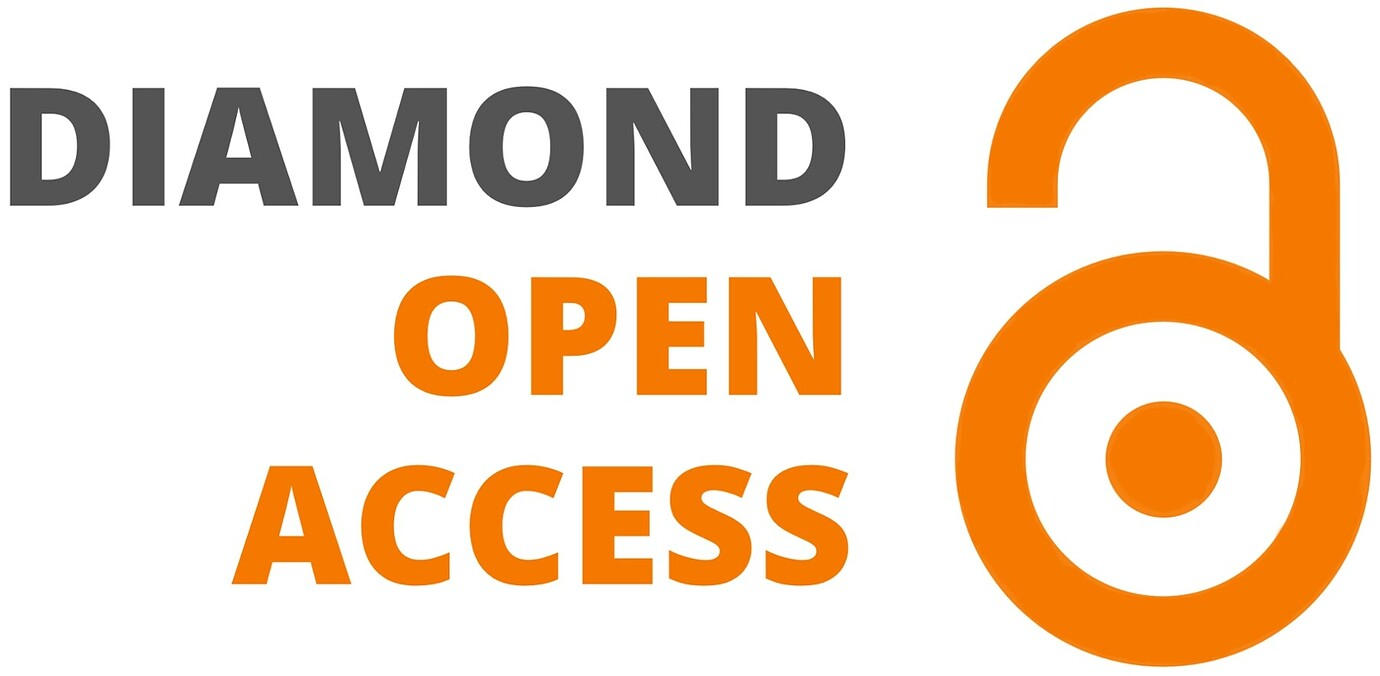Syntax training: linguistic and cognitive benefits in children with DLD via a multiple case study
Keywords:
Theory of Mind, ToT, complementary, training, developmental Language Disorder, DLDAbstract
In children with Developmental Language Disorder (DLD), difficulties have been observed with both sentential complements, such as Mary thinks/says the earth is flat (Tuller et al., 2012, Steel et al., 2016) and Theory of Mind (ToM) (Nilsson & Jensen de López, 2016), i.e., the ability to attribute mental states and to capitalize on this ability to predict and explain the behaviours of others (Premack & Woodruff, 1978). Moreover, mastery of complements in this population is associated with better success on ToM tasks (de Villiers et al., 2003; Miller, 2004).
We investigated whether training complements in DLD children could improve not only their syntax skills (with better control of complements), but also their ToM skills. Sixteen French-speaking children (from Brussels and Geneva) participated, eight with DLD (average age: 8 years) and eight younger typically developing (TD) children with similar levels of complements and ToM (average age: 4 years). Half of each group received the target, complementation training and half participated in a control training involving lexical enrichment.
Our results suggest a potential effect of complementation training for all TD children, who therefore tend to increase their scores in both Complements and ToM, but not in lexical abilities. For DLD children, the target training on complements improved complements and ToM in the older participants; it is possible that this target training was a bit too complex for the younger children with DLD (aged 6 and 7) to benefit from the proposed training.
In conclusion, complementation training appears to benefit the majority of children in our sample to improve their skills in ToM when measured with verbal tasks. Given the great heterogeneity of the profiles of children with DLD, we consider this result promising. If future studies confirm these positive effects in larger cohorts, it would seem beneficial to implement such training in speech-language pathology practice for children with DLD and associated difficulties in ToM.




